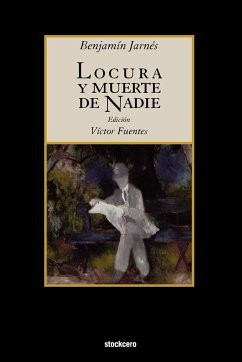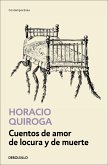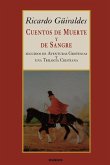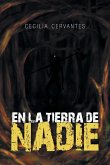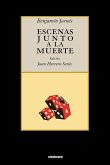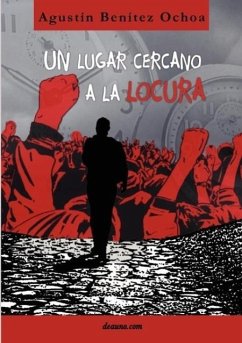Between wars (1918-1939) Benjamin Jarnes (1888-1949) was considered among the most appreciated Spanish writers, and his novels were distinguished by the European critiques of the time. "Locura y muerte de Nadie", along "Paula y Paulita", "Escenas junto a la muerte" and "Teoría del zumbel", belong to a fiction cycle, unique in the peninsular narrative of those years; novels in which Jarnes experiments with the new forms of metafiction to highlight the existential condition of the human being in the newly technified mass society. "Locura y muerte de Nadie", simultaneously "agonic" and "carnivalesque" fiction, was written -in its first version- on the verge of the great depression (1929), and its second version dates from the Spanish civil war (1937). In his novel Jarnes sets his focus on the main role, a "nobody", and the mass characteristics individuals display in our society. But also, with the female character, Matilde, Jarnes explores the individualistic characteristics that may still remain. The second version was left unpublished until 1962, and Jarnes both forgotten in his Mexican exile and devalued by the Spanish literary post-war critiques. Finally, and due to the new literary theories, specially after the '90s, a growing number of critiques, the "new jarnesians" are restablishing Benjamin Jarnes' works their prominent standing, clearly among the best Spanish literature of the XXth Century. This Victor Fuentes, annotated edition of "Locura y muerte de Nadie", is aimed both at the general reader as well as the scholar and student, and makes a great reading for courses on modern and avant garde peninsular literature.
Hinweis: Dieser Artikel kann nur an eine deutsche Lieferadresse ausgeliefert werden.
Hinweis: Dieser Artikel kann nur an eine deutsche Lieferadresse ausgeliefert werden.

